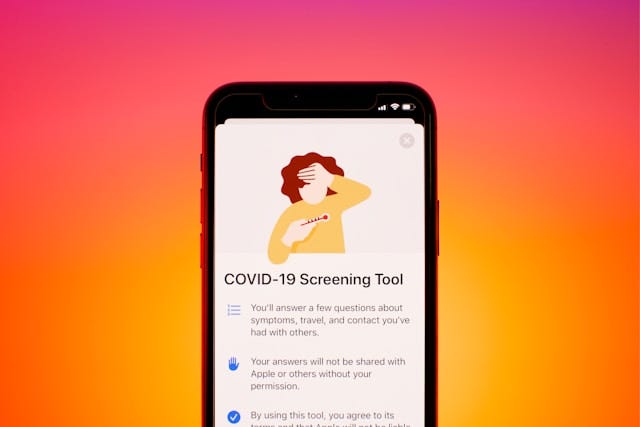Preparing for a Tech-Driven Healthcare Future
Photo by Brian McGowan on Unsplash
Healthcare technology involves utilizing innovative tech to enhance various healthcare system parts. Healthcare IT offers valuable insights and updates on the latest medical technologies. The US health industry currently grapples with expense challenges and is exploring ways to adopt new healthcare technologies.
This increasing focus on technology in healthcare is due to its role in embedding tech tools at every stage of the healthcare process to ensure quality and efficiency. Here are emerging trends in healthcare technology.
Symptom Checker Chatbots
Chatbots are computer applications powered by AI or advanced algorithms. They engage in human-like conversations using text, voice, or choice-based inputs. These tools are gaining traction across various sectors, especially in healthcare and medical consulting.
Available 24/7 through the internet or mobile devices, they offer initial medical assessments and advice based on what patients share. Hospitals and clinics can also integrate chatbots with their patient portals.
They assist patients in managing their health concerns, even in urgent situations when human medical staff might not be available, like during call center overloads or outside of regular hours.
Artificial Intelligence
Artificial intelligence can transform healthcare entirely. AI systems can analyze medical records, develop treatment plans, or create drugs much faster than anyone currently in the healthcare field, including medical professionals.
Thanks to the recent advances in generative AI, these tools are now accessible and beneficial for both the general public and healthcare professionals in their daily work.
Students can also use these AI tools to study for tests given their wide knowledge base. You can do a practice TEAS test to simulate the actual testing experience and keep up with the latest AI advancements.
Health Trackers, Sensors and Wearables
The future of medicine and healthcare is intimately linked to empowering patients and individuals through healthcare technologies. Health trackers, wearables, and sensors are crucial in this transformation.
These devices provide valuable insights into personal health, enabling individuals to regain control over their lives. Whether managing weight, reducing stress, enhancing cognitive abilities, or achieving overall fitness, these devices offer tailored solutions to meet various needs.
The innovation of these technology-driven tools is that they truly position patients as the center of care. By allowing for home health monitoring and the remote sharing of data with physicians, these devices empower individuals to take charge of their health and make well-informed decisions.
Weight management solutions are becoming more accessible with evolving technology. One promising option is weight management with Metformin, where individuals can explore online methods to obtain prescriptions easily and efficiently. Leveraging digital platforms for health interventions aligns perfectly with key tech-driven trends, enabling personalized healthcare experiences.
Direct-to-consumer Testing
Direct-to-consumer genetic testing has significantly advanced in recent years, with numerous companies now offering valuable insights and innovative methods, even as technology in other fields lags.
These tests offer individuals personalized information about their genetic predispositions to various health conditions. They allow them to take proactive steps in prevention and early intervention, which is essential for sustaining a high quality of life over time. They empower individuals to make informed lifestyle and healthcare decisions, potentially enhancing overall well-being and longevity.
Robotic-assisted Surgery Techniques
Robotic systems for surgery are pivotal in assisting surgeons with intricate and exacting procedures.
These systems comprise robotic arms outfitted with
- Surgical tools
- High-definition cameras
- A surgeon-operated console utilizing hand, foot, or computer controls
Robotics in surgery has greatly advanced, providing several benefits over traditional methods. A major advantage is the enhanced dexterity and precision that allow for better manipulation in restricted areas, improving surgical outcomes and minimizing complications.
The systems also offer a magnified, 3D surgical view, vastly improving visualization over conventional laparoscopic or open surgeries.
Furthermore, robotics facilitate minimally invasive techniques, employing small incisions and tiny ports, which minimize tissue trauma, shorten hospital stays, reduce bleeding, and accelerate patient recovery.
Endnote
Embracing this opportunity involves acknowledging the technological innovations behind these changes and gaining a thorough understanding of the complexities within the healthcare technology landscape.
